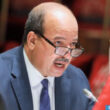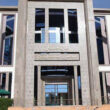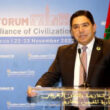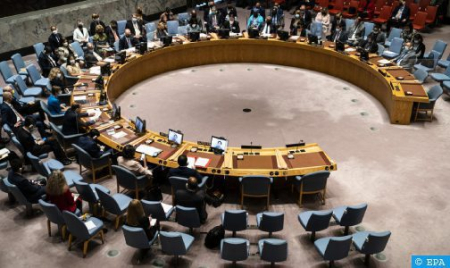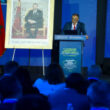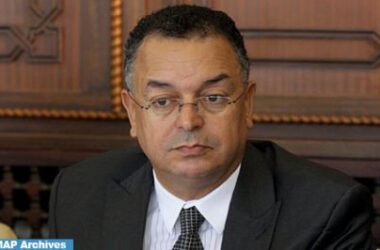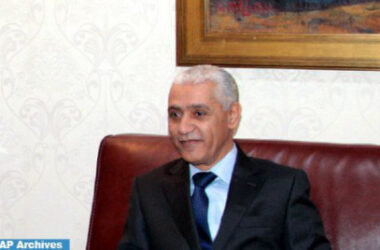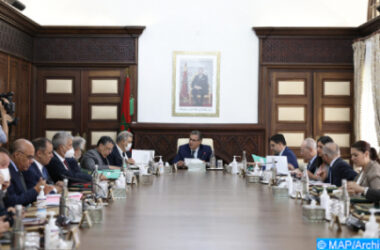Under this resolution adopted on October 29, 2021, the Security Council has established, once and for all, the parameters of the political solution that should govern the final settlement of this regional dispute over the Moroccan Sahara.
Among these parameters is the round-table process, which is the only framework put in place by the Council to pursue the political process, which has been hampered by the shenanigans and the headlong rush of Algeria and its polisario puppet.
This round-table process is clearly affirmed and reaffirmed in all Security Council resolutions, since its establishment in 2018, by the former Personal Envoy of the UN Secretary General, Horst Köhler. These resolutions also define the four participants in this process, which are Morocco, Algeria, Mauritania and the “polisario”.
Notwithstanding the Algerian regime and its armed separatist militias in the Tindouf camps, this same Council reaffirmed once again the pre-eminence of the Moroccan autonomy initiative as the only serious and credible solution to this regional dispute, within the framework of the sovereignty and territorial integrity of the Kingdom.
The solution to this dispute can only be political, realistic, pragmatic, sustainable and a compromise.
The meetings of the Security Council are taking place in a context marked by the Kingdom’s major diplomatic successes, as well as by growing support for the Moroccan character of the Sahara, the legitimacy of the Kingdom’s rights over its southern provinces and the Autonomy Initiative.
These include the recognition by the United States of Morocco’s full sovereignty over its southern provinces and the strong and unequivocal support of UN member states, many of which support the autonomy plan, such as Spain, Germany and the Netherlands, which has generated a European momentum in favor of autonomy.
For the consideration of the Moroccan Sahara issue, the Council, which will have before it the annual report of the Secretary-General on the national issue, plans a meeting of the troop-contributing countries to MINURSO on October 10 and closed-door consultations on October 17.
At that meeting, the Security Council is expected to receive a briefing from the UN Secretary-General’s Special Representative for the Sahara, Alexander Ivanko, and the UN Secretary-General’s Personal Envoy for the Sahara, Staffan de Mistura.
The adoption of the resolution on the Moroccan Sahara by the Security Council is scheduled for October 27.
These deadlines come after two visits to the region of the Personal Envoy of the UN Secretary General for the Moroccan Sahara, Staffan de Mistura, during which he met with all parties to this dispute in order to revive the UN round-table process to achieve a realistic, pragmatic and sustainable political solution whose very embodiment is the Moroccan autonomy initiative.


